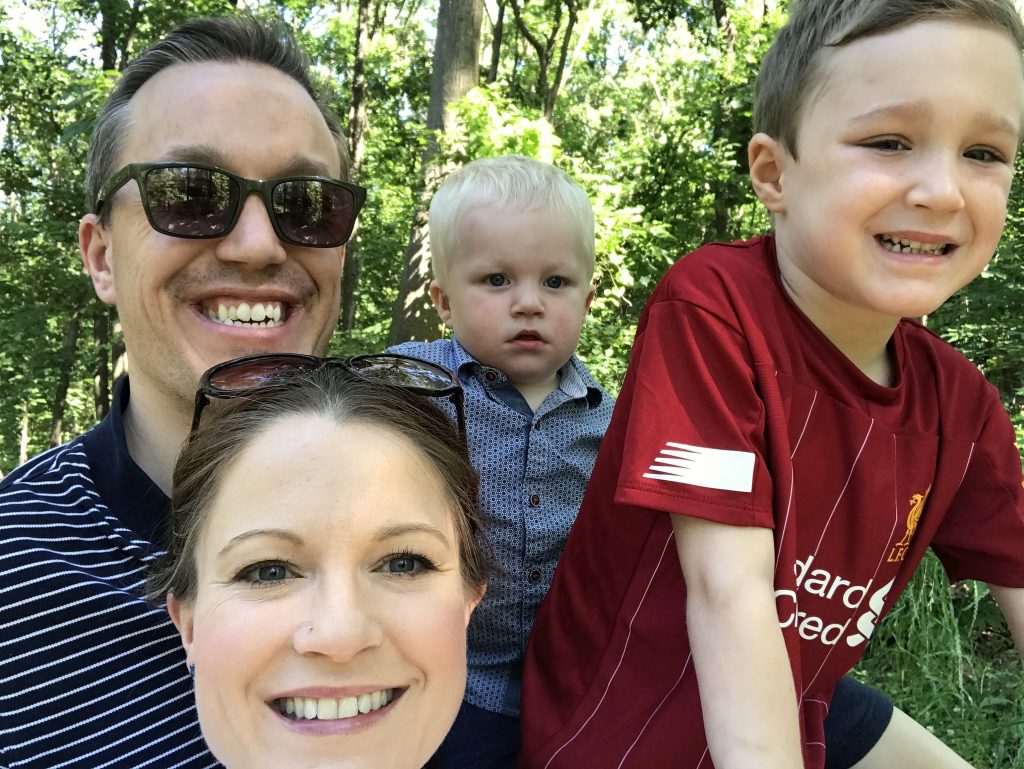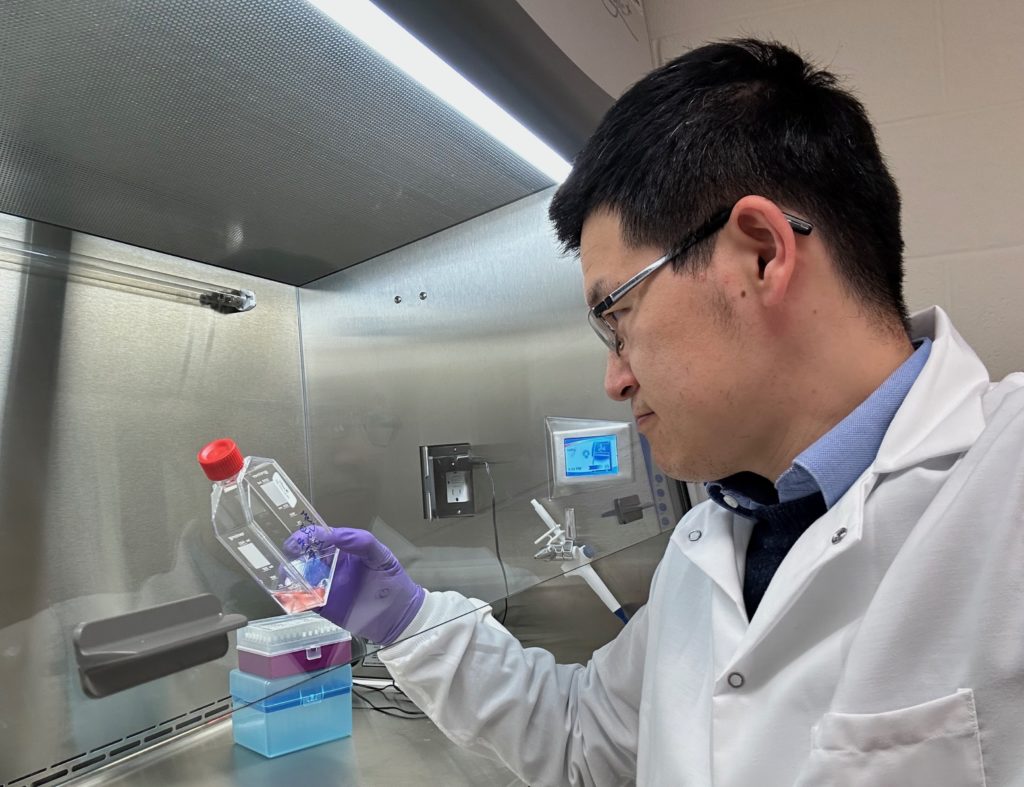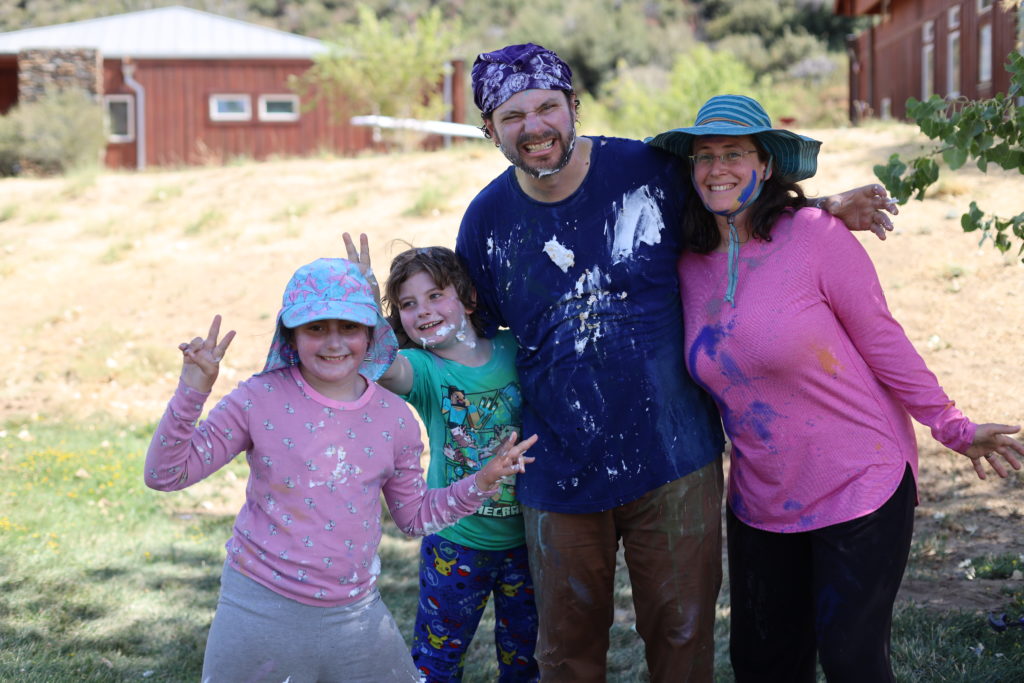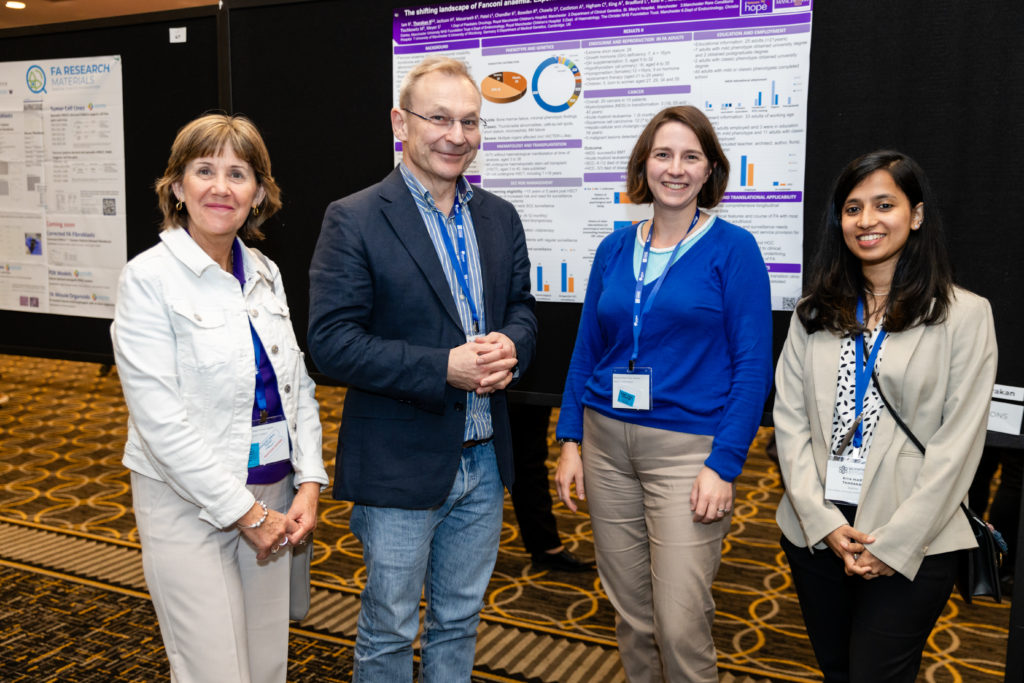Without a doubt, 2020 has been one of the most difficult and challenging years our family has faced. With Covid-19 changing the world as we know it, we have faced our own battle with the diagnosis of our four-year son, Elliott, with Fanconi anemia (FA).
What started as a routine blood test led to a life-changing diagnosis. I can still recall receiving Elliott’s DEB test result via email on Sunday, February 9 as we checked our email over breakfast. At the time we had no idea what a DEB test was, let alone what Fanconi anemia was. Due to Elliott’s low platelet counts, his doctor told us they would monitor and send off samples for various tests to see if they could figure out what might be causing his low counts.
Unfortunately, due to the way the test result was recorded, we received notification of the positive result for FA before our doctor could call us. This left us searching for answers and doing what we all know we shouldn’t do – Googling Fanconi anemia. To our shock, we were led down a path of worry and heartbreak. Since we were home with both of our young children and the news was simply overwhelming, my wife and I had to take it in turns. We had to be alone to read as much as we could and to cry as we tried to digest the diagnosis.

The Payne Family: Chris, Mel, Emmett and Elliott
In hindsight, while I wouldn’t wish the way we found out about Elliott’s condition on anyone, it gave us time to reflect and be prepared to fight for Elliott. Included in the test results was a link to the Fanconi Anemia Research Fund (FARF) and this gave us the starting point we needed to find valuable resources, connect with experts and rapidly expand our knowledge. I am so grateful that I was immediately able to reach out to FARF and get recommendations on specialists, the latest research and treatment options, and how to connect with other families.
During the first few weeks after Elliott’s diagnosis, we threw ourselves into learning as much as possible by contacting doctors around the world for guidance and by researching trials to evaluate what care might be best for Elliott. Having had no previous health concerns or experience of reaching out to specialists, I was blown away by everyone’s willingness to listen to our concerns and to help in any way they could. In particular, we are so grateful that we were quickly able to connect to Dr. Wagner at the University of Minnesota. Despite my endless list of questions and emails, his willingness to be available and his reassuring voice have been invaluable to us through our journey so far.
One of the hardest parts of FA so far has been the uncertainty. As a planner and someone who is goal-driven, not knowing when Elliott’s condition might deteriorate has been tough, and at times left me feeling helpless. To combat this, I have sought to identify different treatment options and trials for Elliott so that when and if the time comes, we have a clear plan of what steps we should take. However, it has also been a learning experience in dealing with the fluidity of his condition, which has taken on another meaning for most in the context of Covid.
Back in May, Elliott’s condition unfortunately deteriorated a lot faster than we or even his doctors had expected, and a bone marrow transplant was likely to be needed within a few months. We are still in the midst of this possibility, but Elliott has been responding well to intervening treatments and we are hopeful that he will continue to respond.
Like most families who are new to FA, after overcoming the initial shock, we are still adapting to this “new normal”, but are fully aware that the most challenging days are yet ahead of us. One of these will be when we have to explain to Elliott that he has a life-threatening illness. This day may come sooner than we are ready for, as his medical appointments and questions increase, but for now, we are trying to enjoy the silver lining in this pandemic as we spend more together as a family.
One of the few highlights for us has been sharing our story with friends and family to raise funds for FA Month. These were not easy conversations, but giving others an opportunity to help Elliott by advancing FA research and treatment gave us all something positive to focus on.
There is so much we still need to learn and we are grateful to have met so many families, medical professionals and FARF, who are all striving to support the FA community and provide hope that Elliott and everyone with FA can lead a full and happy life.
While we are still “beginners” when it comes to FA, we did want to share a few tips from our personal experience so far, which will hopefully help new families who are coming to terms with an FA diagnosis:
- Utilize FARF resources early on and set up a time to speak to them for recommendations.
- Reach out to FA specialists for initial consultation calls. I spoke to five specialists in three countries and I was so grateful for their time and advice.
- Review clinical trials and treatment options.
- Don’t be afraid to advocate for your child and reach out.
- Keep all of your doctors up-to-date and share test results regularly.
- Trust your doctor – find someone you can connect with and trust. You might not always hear what you want, and a second opinion is always useful, but it is also important to have someone who can give perspective and continuity, and who can develop a comprehensive care plan.
- Connect with other families for support and advice.
- Try to stay positive.
- Enjoy family time – especially with your other children who may feel unintentionally neglected.
- Remember that you are not alone!
I look forward to finally meeting in person at the next Family Meeting!
Chris, Mel, Elliott and Emmett




